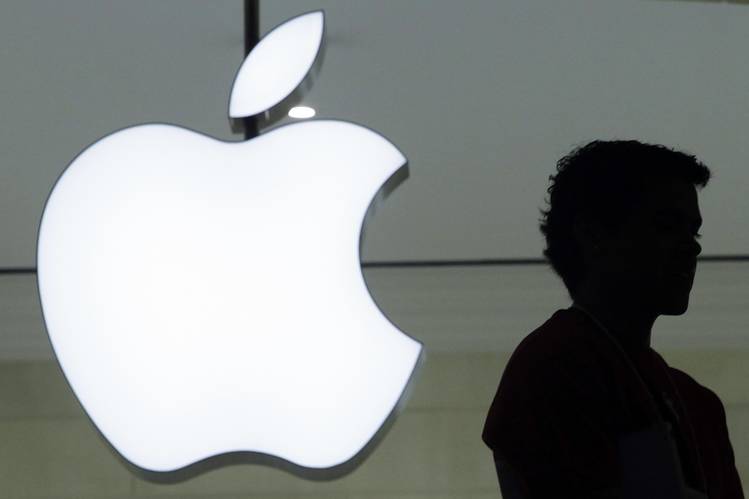-
Tips for becoming a good boxer - November 6, 2020
-
7 expert tips for making your hens night a memorable one - November 6, 2020
-
5 reasons to host your Christmas party on a cruise boat - November 6, 2020
-
What to do when you’re charged with a crime - November 6, 2020
-
Should you get one or multiple dogs? Here’s all you need to know - November 3, 2020
-
A Guide: How to Build Your Very Own Magic Mirror - February 14, 2019
-
Our Top Inspirational Baseball Stars - November 24, 2018
-
Five Tech Tools That Will Help You Turn Your Blog into a Business - November 24, 2018
-
How to Indulge on Vacation without Expanding Your Waist - November 9, 2018
-
5 Strategies for Businesses to Appeal to Today’s Increasingly Mobile-Crazed Customers - November 9, 2018
Sugar tax gets go ahead while Childhood Obesity Strategy labelled ‘absolute disaster’
Jamie Oliver says he is “in shock” over Theresa May’s stripped-down Childhood Obesity Strategy, calling the plans “disappointing” and “frankly, underwhelming”.
Advertisement
Major manufacturers including Nestlé, Kellogg and Premier Foods are reviewing the details of “Childhood Obesity: A Plan for Action” – a strategy published by the government today (August 18) to “significantly reduce England’s rate of childhood obesity within the next ten years“.
But there is no attempt to rein back advertising aimed at kids and many of its ideas, such as a scheme for the food industry to reduce sugar in children’s foods, are voluntary.
The government wants manufacturers to cut the amount of sugar in products popular with children, including cereals, candy and desserts, by 20 percent over five years.
Under the plan, Public Health England, a state agency, will monitor the progress of the food and beverage industry, and publish reports every six months.
Britvic, the owner of Pepsi, Robinsons squash and Fruit Shoot, is already planning to make further changes to the recipe of its drinks to comply with the United Kingdom sugar tax.
The plan includes a voluntary target to reduce sugar in children’s food and drinks by 20 percent, whilst encouraging more physical activity in primary school children, namely a plan for kids to exercise for an hour a day.
Also central to the plan is the Government’s sugar tax on soft drinks.
The money raised will be put into sport in schools and school breakfast clubs.
Such marketing and promotion was identified as a critical area for action by Public Health England (PHE) in its sugar reduction report past year.
Director general of the British Soft Drinks Association Gavin Partington, said: “Given the economic uncertainty our country now faces we’re disappointed the Government wishes to proceed with a measure which analysis suggests will cause thousands of job losses and yet fail to have a meaningful impact on levels of obesity”.
Officials say they will consider “alternative levers” if the voluntary target isn’t met.
What’s more, others feel that the sugar tax in its current form is an ineffective measure.
Professor Majid Ezzati, from the School of Public Health at Imperial College, London, said: “This epidemic of severe obesity is too extensive to be tackled with medications such as blood pressure lowering drugs or diabetes treatments alone, or with a few extra bike lanes”.
Yet other measures recommended by the Commons Health Select committee previous year – such as banning junk food advertising during popular family TV shows and an outright ban on supermarkets placing candies and junk food at checkouts or the ends of aisles – do not appear.
“After the farce of the responsibility deal where Andrew Lansley made the food industry responsible for policing themselves, it is sad to see that this is just another imitation of the same responsibility deal take two”, said Prof Graham MacGregor, chairman of Action on Sugar and Consensus Action on Salt and Health, as reported by the Guardian. Soft drink companies are already making great progress to reduce sugars from their products, having achieved a 16% reduction between 2012 and 2016.
Industry trade body the Food & Drink federation has critcized the plans for focusing too strongly on the role of a single nutrient, add that the reduction target may be impractical for some food categories.
“It is welcome news that the government has dropped numerous more draconian and nanny statist measures that would only have served to bully families into line and restrict choice”, Jonathan Isaby, chief executive of the TaxPayers’ Alliance, said. “As it stands, our children will witness a rising tide of ill-health from obesity well into the future”. Reformulation is hard and costly: “there are different challenges for each product; recipe change can only proceed at a pace dictated by consumers”.
Advertisement
Speaking on the release of the strategy, Dr Nigel Carter OBE, CEO of the Oral Health Foundation spoke of the unnecessary harm it will cause to thousands of children in the United Kingdom as well as for generations to come.




























